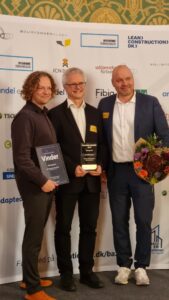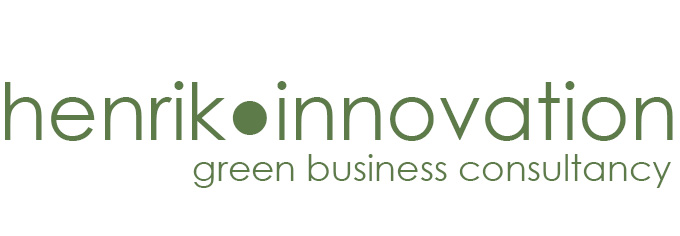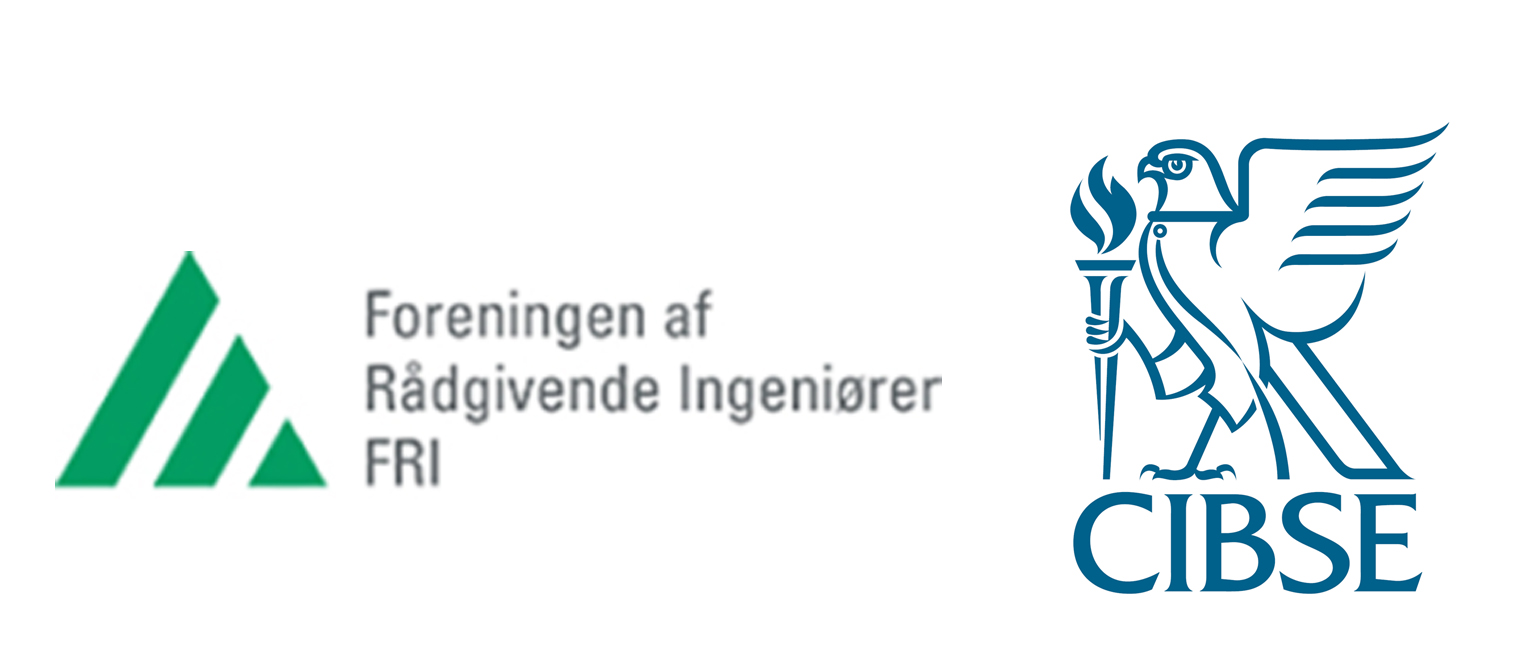On November 7, 2023, we won the climate award at this year’s Building Awards for the development of the WorldFlexHomes building concept. See [https://www.licitationen.dk/ba23/index.xhtml].
“The climate award has gone to a player in the construction industry who, through targeted efforts, takes up the fight against climate change and thus serves as a role model for the rest of the industry,” as stated in the speech to our team, who was on stage to receive the award.
The building concept is designed for circular construction, acting as a framework timber frame system that can be assembled into modules. Within the frames, one can insert floors, walls, and ceiling elements of all types of materials. The modules can be disassembled, moved, and assembled into new constructions, or the modules can be broken down into components that can enter a new circular cycle. Thus, buildings of up to 10 stories can be constructed with a very low carbon footprint and great flexibility for the future.
“With the WorldFlexHome concept, we have created a building system that is also a platform that can contribute to the use of bio-based and recycled materials from the construction industry or industry on an industrial scale. Anyone can contribute to the components of the building system, as long as it meets sound and fire requirements,” says Morten Ørsager, Partner at ERIK Architects.
“WorldFlexHome is created for a global market and industrial mass production, as we need to build many homes in the future while keeping the carbon footprint low. The concept is therefore intended to be produced locally and in local materials, thus adapted to the local context. We are also working to promote WFH as a more sustainable principle for the reconstruction of Ukraine,” says Anders B. Sørensen, Director of WorldFlexHome.
“The WorldFlexHome concept comes fully equipped from the factory with technical installations that are connected. The construction time is therefore approximately 1/3 of conventional construction, which provides economic benefits for investors and fewer disruptions for people and animals in the local area. In addition, the disassemblable system provides entirely new temporary opportunities from an investment perspective, as idle grounds can be utilized and developed, ultimately placing a permanent building at a very low construction cost,” says Henrik Sørensen, Director of Henrik Innovation.
If you would like to know more, you can contact us at abs@worldflexhome.com or visit our website at https://worldflexhome.com/.





